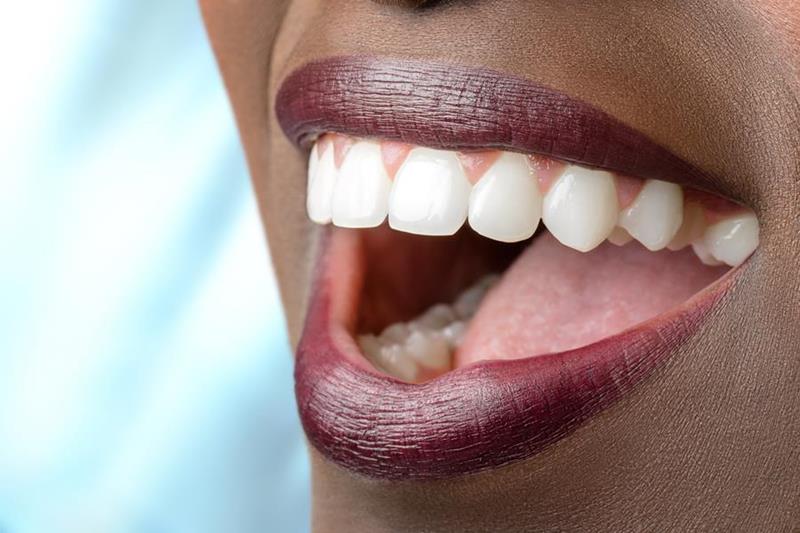
Periodontics is a specialized branch of dentistry that focuses on the prevention, diagnosis, and treatment of periodontal disease as well as the process of replacing teeth with dental implants. Periodontists receive up to three years of additional, specialized training in treating periodontal disease and other conditions.
Periodontists are also specialists in treating oral inflammation and any condition requiring either non-surgical treatment or oral plastic surgery. Oftentimes, periodontists are treating conditions caused by periodontal disease and its effects such as persistent bad breath or gum recession.

Scaling and Root Planing
Scaling and root planing are a more in-depth, thorough cleaning treatment recommended for patients who may be suffering from periodontal disease. Also known as gum disease, this type of gum infection is caused by bacteria and plaque forming on your teeth over time and causing inflammation. While serious, periodontal disease is treatable. However, it can lead to bone or tooth loss if not treated quickly.
After the scaling is complete, we will move onto root planing. The root planing technique is used to smooth out the tooth’s root and ultimately remove the pocket caused by bacteria. When the root has been effectively smoothed, the gums can be reattached and have a greater chance of fully healing.
Some patients report mild discomfort during the procedure and increased sensitivity after the treatment is complete, but with a personalized treatment plan, we can help manage any discomfort and pain. Moving forward, practicing good oral hygiene is paramount for making sure that periodontal disease doesn’t become worse after seeking initial treatment at our office.

Basic Prophylaxis
Having a dental practice perform a checkup and regular cleaning gives a preventive approach to dental care. These general dentistry treatments help prevent problems with your teeth, gums and jaw bones, or they catch and manage problems before they worsen. During your visit, our doctors will take a picture of the current standing of your dental health and what would be needed to keep your oral hygiene in its best state.
It is important to brush your teeth at least twice daily to help remove plaque and food particles that get stuck to your teeth. It is recommended that you brush your teeth for two minutes (or longer), though most people rush through this time. You need to make sure that you reach every side of each tooth, including the inside and outside. To help keep your breath fresh, you should also brush your tongue. Then, you can begin flossing.
